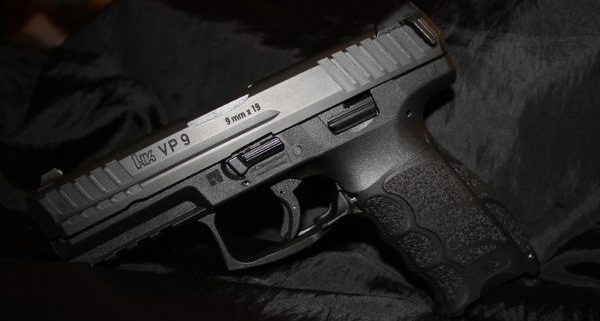
An Associated Press analysis showing that “more than a dozen guns” sold by police agencies in Washington State since 2010 have turned up in subsequent investigations, but a bit of work with a pocket calculator suggests that this is the case with a relative handful of guns.
The AP story quoted Aberdeen Police Lt. Kevin Darst, who observed, “The criminals can get a gun anytime they want one. I don’t see us selling them as a contributing factor in officer safety.”
According to the AP story, which appeared in the Seattle Times and other newspapers, including the Washington Post in an abbreviated form, since 2010 nearly 6,000 firearms used in crimes were later sold by Evergreen State law enforcement agencies. The story focused on 12 guns, which amounts to a fraction (0.2%) of one percent of those guns turning up in later investigations.
Credit for meticulous investigative reporting goes to the AP for spending a year on this project. The story revealed that the dozen guns in the spotlight fell into the wrong hands, but that can happen to any firearm taken in a residential or gun shop burglary, a car prowl – including cars owned or driven by police officers – or by other illicit means.
And this happened over the course of several years, rather than all at once.
While the analysis discussed the cases in which the guns turned up a second time, it is not clear how those guns fell into the wrong hands. That is, since the guns were all sold legally through a federally licensed firearms retailer, the question is how those firearms ended up in criminal investigations a second time.
As the AP story notes, “All such sales are handled through federally licensed firearms dealers, including auction houses, pawnshops and sporting goods stores. Buyers must pass an FBI background check.” It is a cinch that juveniles, felons or people adjudicated as mentally incompetent can’t pass a background check, provided their disqualifying histories are part of the National Instant Check System (NICS).
The Sutherland Springs, Texas mass shooter’s criminal history had not been submitted to NICS by the Air Force. Other mass shooters, however, had no criminal histories to disqualify them from buying firearms.
Many law enforcement agencies around the country destroy confiscated firearms after court cases and investigations have been completed.
But two Evergreen State lawmen quoted in the story seemed to put the situation in perspective.
According to the AP, Longview Police Chief Jim Duscha observed this about criminals: “If they are going to get a weapon, they are going to get a weapon.”
And Skagit County Sheriff Will Reichardt noted, “These guns are going to be out there. If I destroy them all, I’m just helping Remington or Winchester’s bottom line.”